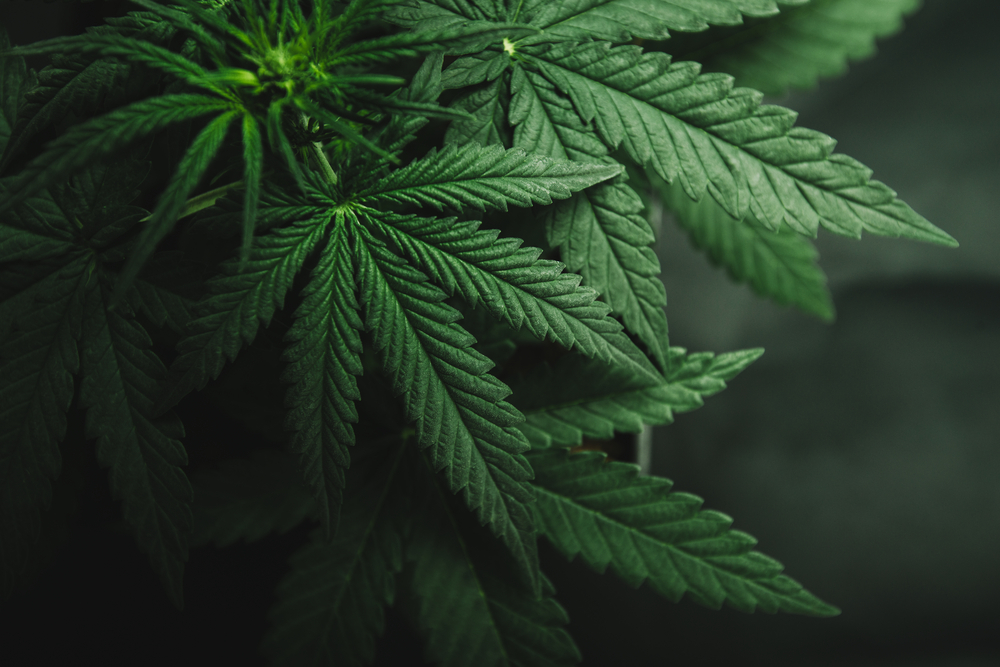
In a rare case involving the trucking industry, the U.S. Supreme Court recently heard arguments in a lawsuit that explores the complex intersection of trucking regulations, marijuana testing, and federal racketeering law. At the center of the case is Douglas Horn, a truck driver who was fired after failing a drug test for THC, despite claiming he had not used marijuana. The case raises questions about Horn’s right to seek triple damages under the Racketeer Influenced and Corrupt Organizations (RICO) Act, due to the alleged false advertising of a CBD product he had ingested.
The Background of the Case
Douglas Horn, a former driver for Enterprise Transportation Co., turned to a CBD product called Dixie X in 2012 for pain relief after suffering a crash. The product, marketed by Medical Marijuana, claimed to be THC-free, but Horn later failed a drug test and was fired. His wife, Cindy, who was a team driver with him, also quit her job, as she did not feel comfortable driving without him.
Horn sued Medical Marijuana, alleging that their false claim about the THC content led to his termination. A federal court dismissed most of Horn’s claims in 2015, but allowed his “fraudulent inducement” claim to proceed. The case became more complex when the 2nd U.S. Circuit Court of Appeals reinstated Horn’s RICO claim in 2023, allowing Horn to seek triple damages for lost wages and employment. Medical Marijuana appealed this ruling to the Supreme Court.
The Legal Debate: Injury vs. Damages
The central issue before the Supreme Court is whether Horn’s financial loss constitutes “damages” eligible for triple compensation under RICO or if it is considered an “injury,” which would not qualify under the act. RICO is typically used in cases involving organized crime, but it also allows civil lawsuits for certain types of fraud, including claims involving economic harm.
Lisa Blatt, a prominent attorney representing Medical Marijuana, argued that Horn’s claim falls under personal injury, not economic damages. According to Blatt, Horn’s loss of income and subsequent firing were a direct result of ingesting a harmful product, which constitutes personal injury and is not covered by RICO’s provisions. “RICO excludes damages resulting from personal injuries,” she explained, noting that RICO distinguishes between injury and the financial impact of that injury.
On the other side, Easha Anand, arguing on behalf of Horn, countered that Horn’s lost wages were the result of fraudulent misrepresentation, making it an economic tort. Anand pointed to a legal precedent known as Sedima, which suggests that RICO is designed to protect individuals from economic harm caused by fraudulent acts.
The Justices’ Concerns
Throughout the proceedings, the justices grappled with the broader implications of the case. Justice Brett Kavanaugh expressed concern that allowing Horn’s claim could lead to a surge in false advertising lawsuits being brought under RICO, transforming the nature of tort suits and potentially overwhelming the federal courts. “That’s a dramatic shift in how tort suits are prosecuted,” Kavanaugh remarked, suggesting that Congress may not have intended RICO to be used in this way.
Justice Elena Kagan further explored the distinction between “injury” and “damages,” questioning whether lost wages could be classified as property damage under RICO. She suggested that the court had yet to fully define the meaning of “business or property” in this context, signaling the need for a more thorough interpretation of the statute.
Broader Implications for Trucking and CBD Products
While the Supreme Court’s decision will hinge on the legal interpretation of RICO, the case raises broader concerns about the use of CBD products in the trucking industry. As marijuana legalization spreads across the U.S., drivers remain subject to strict federal regulations, including drug testing that does not distinguish between THC from marijuana and trace amounts of THC in CBD products. Horn’s case highlights the potential consequences for drivers who unknowingly ingest products that lead to failed drug tests, risking their jobs and livelihoods.
The trucking industry will be watching closely to see how the Supreme Court rules on this case, as it could set a precedent for how CBD-related claims are handled in employment disputes and whether RICO can be invoked in cases involving economic losses tied to marijuana testing.
Conclusion Awaited
As the justices weigh the legal arguments, the outcome of this case could have far-reaching consequences for the trucking industry, CBD product manufacturers, and RICO litigation. The Supreme Court’s decision will determine whether Horn’s economic loss qualifies for triple damages and could open the door to similar claims in the future.
Source:
https://www.freightwaves.com/news/trucking-and-marijuana-testing-find-their-way-to-the-supreme-court











Leave a Comment